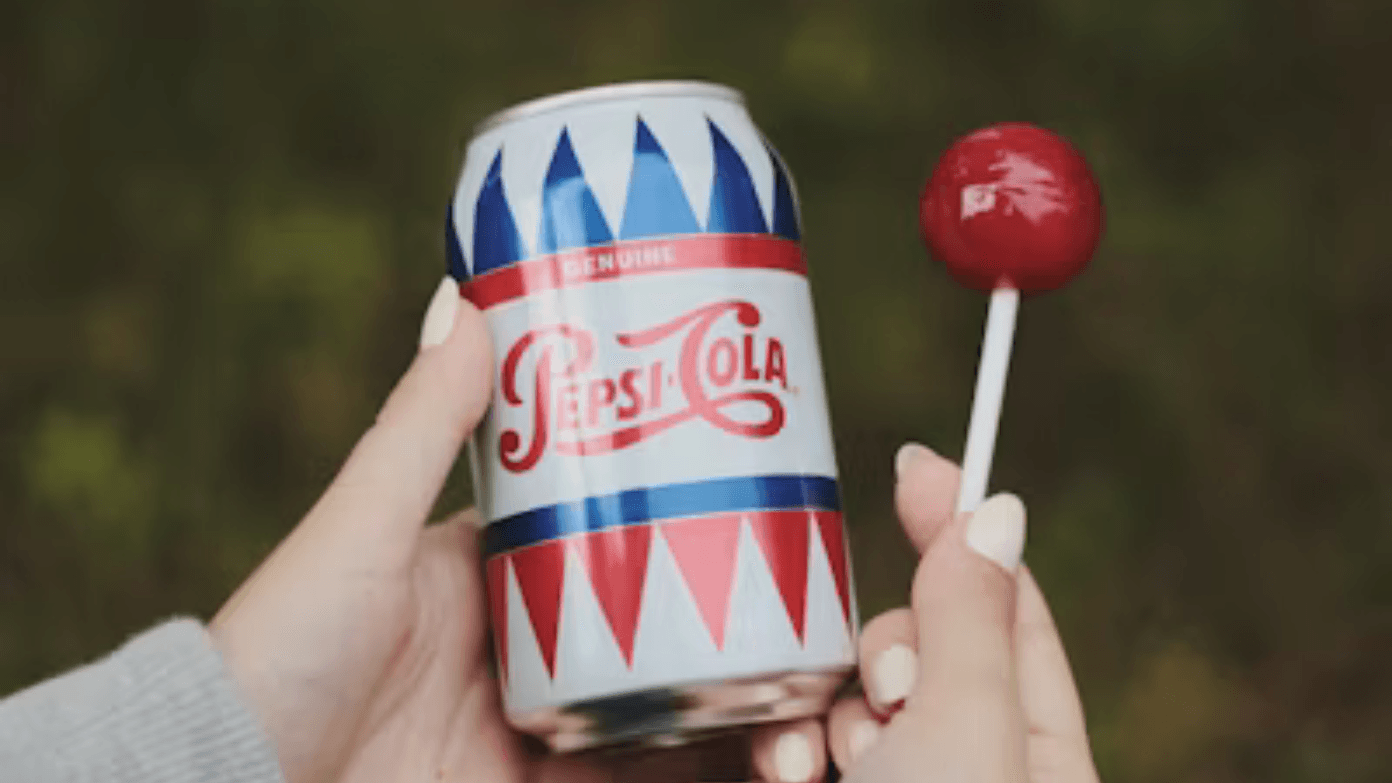Arkansas, Indiana, and Idaho were the first three states to officially ask for federal approval to ban recipients of Supplemental Nutrition Assistance Program (SNAP) benefits from using them to buy soda and candy, sparking a contentious national debate over nutrition, public health, and government intervention. The bans, as part of the Trump administration’s “Make America Healthy Again” agenda, are intended to stem diet-linked disease but are being fiercely challenged by food makers and anti-hunger organizations.
Leading the pack: Arkansas, Indiana, and Idaho
Arkansas requested a waiver from the U.S. Department of Agriculture (USDA) on April 15, 2025, asking for prohibition of the purchase of all soda (including diet) and candy through SNAP from July 2026. Flavored water, sports drinks, and hot prepared foods like rotisserie chicken are excluded in the proposal. Governor Sarah Huckabee Sanders emphasized that the move is intended to stop taxpayer-funded subsidies for “addictive, unhealthy” foods while allowing consumers the choice to make on their non-SNAP shopping.
Indiana soon followed with Governor Mike Braun announcing similar restrictions and stricter work requirements for SNAP eligibility. The state’s proposal would remove the exclusion of soft drinks and candy from qualified items, following Arkansas’ lead.
Idaho also stated that it will file a similar waiver, though specifics are still to be determined. These states contend that SNAP—serving 42 million Americans in 2024—ought to encourage healthy choices to combat obesity and diabetes.
Public health and fiscal responsibility
These supporters such as USDA Secretary Brooke Rollins and Health Secretary Robert F. Kennedy Jr. present the bans as one of necessity against pandemics of chronic disease. Rollins maintains that the reforms will “remove the least-healthy, most-processed foods” from SNAP and push low-income families towards more healthy options.
- Health outcomes: Arkansas officials point to research correlating excessive consumption of soda with diabetes and cardiovascular disease, the latter of which disproportionately affects SNAP participants.
- Taxpayer burden: Governor Sanders reports obesity-related healthcare expenses Arkansas $2.3 billion every year, suggesting that SNAP reforms would help lift this economic weight.
- Policy precedent: The USDA, historically resistant to such prohibitions, now moves at a rapid pace of state waivers under the “laboratories of innovation” ideology.
Practical and ethical concerns
Anti-hunger groups, public health officials, and representatives of the food industry caution that the bans are misguided. Some major criticisms are:
- No behavior change: Critics claim that SNAP recipients don’t purchase more sweets than the average population, according to USDA statistics. The Center on Budget and Policy Priorities contends limitations “punish low-income families without improving diets.”
- Implementation challenges: “Candy” and “soda” are difficult to define. Arkansas’ exclusion of flour-based candies (like Kit Kats) but not other candies (like Snickers) threatens confusion at the checkout line.
- Stigma and dignity: Critics say the limits reinforce negative stereotypes concerning poor eating habits among SNAP participants. The Food Research & Action Center describes the actions as “paternalistic and demeaning.”
Jason Turner from the Secretaries Innovation Group (SIG), which helped to develop USDA policy changes, responds that states are owed flexibility to experiment with solutions to “America’s broken food system.”
Implications beyond policy: A national domino effect?
The Indiana and Arkansas waivers may provide such efforts in Arizona, Iowa, Missouri, Montana, Tennessee, Texas, and Utah, where similar bills are in the works. Montana state Sen. Daniel Zolnikov, author of one such bill, emphasizes the necessity of countering “endless marketing of processed foods” to vulnerable groups.
But the USDA’s previous caution looms over all. Between 2010 and 2024, the agency denied Maine, Minnesota, and New York City waivers to limit SNAP purchases of “unhealthy” food on grounds of inconsistent definitions of what food is “unhealthy” and inadequate health benefits. Secretary Rollins’ commitment to granting waivers “very, very quickly” is a radical departure from that history.
The road ahead for USDA decisions and legal battles
The USDA is scheduled to issue its ruling by the end of 2025 on Arkansas’ and Indiana’s petition. Its approval will likely be fought by organizations such as the National Grocers Association that threaten “chaos” on store shelves if cashiers are forced to impose different state-level rules.
While that’s occurring, Congress faces pressure to amend the Food and Nutrition Act, which prohibits restricting SNAP purchases based on nutritional value. Senator John Boozman (R-AR) promised to introduce a bill permitting soda and candy to be prohibited nationwide if states succeed.
Read more: What is the Food Stamps number to check balance? Complete list of numbers by state
Read more: What can’t you buy with food stamps and what items can be purchased with EBT SNAP Payment?

